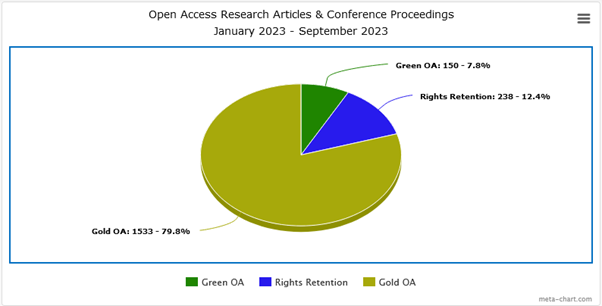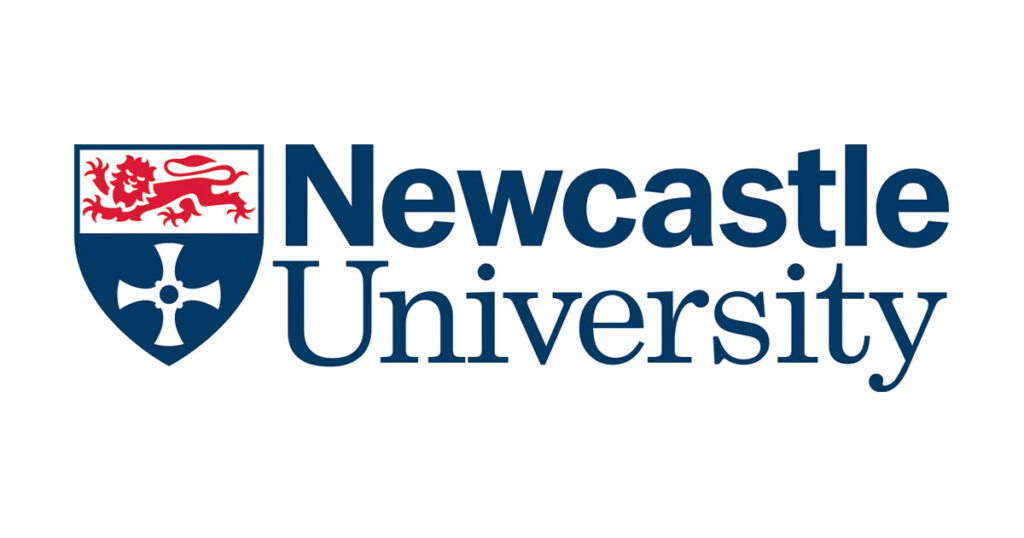We are very excited to share that ‘Pushing the Paradigm of Global Water Security’, co-edited by Victoria Anker, Rachael Maysels and Maria Valasia Peppa, from the Newcastle University School of Engineering, has been published open access (OA), by IWA Publishing. https://doi.org/10.2166/9781789062540
This book brings together early career researchers, non-governmental organisations and industry practitioners, indigenous and local communities, and government agency workers to interrogate the concept of water security. Most notably, the authors push for the radical acceptance of the indivisibility of environmental conservation, social stability, and economic vitality. Essential reading for water practitioners, policy makers, and multilateral organisations in the development sector, it is also a must-read for doctoral and master’s students working at intersections of water, and undergraduates who want to challenge their subject-specific perspectives on water and push disciplinary boundaries.
This is the first book published at Newcastle as a result of the UKRI open access policy for long-form publications, with open access costs covered by UKRI funding.
Open publishing of research increases the visibility and accessibility of the research, increasing the potential reach of the work to audiences online anywhere in the world, without the need to pay to read. Books published open access receive more views, with OA books considered to have ten times more downloads than non-OA books and more than double the number of citations [1]. They also have a higher geographic diversity of usage and reach more countries [1]. Research has also shown that OA publication has the potential to increase digital and print revenue, depending on the sales models used [2].
Comments from Victoria Anker (editor):
In the current academic climate, there is an expectation that our outputs will be made open access – and this should be standard for any research funded by the UK government. This book represents a new way of thinking about water security, which is designed to be useful to people outside of the academic sphere. These sorts of organisations don’t usually have access to traditional academic journals. As such, we are particularly grateful to Newcastle University for enabling open access through [the UKRI open access fund], which may not otherwise have been possible.
Comments from Wegayehy Asfaw (contributor):
This achievement means a lot to us, and I want to extend my heartfelt congratulations to all the editors and contributors who have worked tirelessly to bring this project to fruition.
The contribution from the Early Career Network is truly remarkable, and I believe it will have a significant impact across disciplines and around the globe. Together, we are addressing critical challenges and proposing innovative solutions for water security.
In summing up this achievement, Wegayehy Asfaw said
Thank you all for your hard work and dedication. Let’s celebrate this milestone and continue making a difference!
Comments from Catherine Flynn (ESRC)
The Early Career Network brings hope for a bright future, not only in water security, but in international development and international partnerships.
The UKRI open access policy aims to ensure that findings from research funded by the public through UKRI can be freely accessed, used and built upon. The policy was updated at the beginning of 2024 from previously focusing on peer-reviewed research articles to now include long-form outputs, namely book chapters, monographs and edited collections.
Full details of the UKRI open access policy and how we in Library Research Services can support you to publish open access can be found on our UKRI Policy for long-form publications page.
If you have any questions or concerns about the policy, and how this might affect any current or future publications, please contact openaccess@ncl.ac.uk.
[1] Neylon C, Ozaygen A, Montgomery L, Huang C-K (Karl), Pyne R, Lucraft M & Emery C 2021 More readers in more places: the benefits of open access for scholarly books Insights: the UKSG journal 34 (1) p 27 DOI: https://doi.org/10.1629/uksg.558
[2] Brown L, Dayan M, McLaughlin B, Schonfeld R C, Sherer J & van Rijn E 2023 Print Revenue and Open Access Monographs: A University Press Study Ithaka S+R DOI: https://doi.org/10.18665/sr.319642










